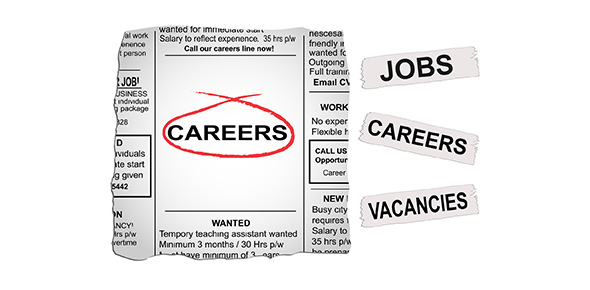Related Flashcards
Related Topics
Cards In This Set
| Front | Back |
|
Ethics: definition
|
-the systematic study of what a person's conduct and actions should be with regard to self, other human beings, and the environment
-a system of moral conduct- "should" behavior -issues that guide a person's actions in regard to what is right and wrong |
|
Ethical dilemma
|
-occurs when two or more clear moral principles apply but they supporte inconsistent courses of action
-making a choice between two or more equally undesirable alternatives -self-awareness is vital- know own values and their influence on your decision making |
|
Moral uncertainty/conflict
|
-an individual is unsure which moral principles or values apply and may include uncertainty as to what the moral issue is
-duties and obligations of health care providers guiding ethical principles are unclear -individual personal standards |
|
Moral Distress
|
Result of the individual knowing the right thing to do but organizational constraints make it difficult to take the right course of action
|
|
Moral outrage
|
-an individual witnesses the immoral act of another but feels powerless to stop it
|
|
Ethical frameworks: Utilitarianism
|
Theological or consequentialist theory- outcome focused
-focus on rightness of an action based on the consequences produced -judging whether the consequences of an action are good or bad -make decisions based on what provides the greatest good for the greatest number of people |
|
Ethical frameworks: Rights based
|
Deontological theory- judges whether the action is right or wrong REGARDLESS of the consequences
-individuals have basic inherent rights that should not be interfered with -the right to make one's own decisions -ex: people have a right to refuse care even if harm may come to them |
|
Ethical Framework: Duty based
|
Deontological theory
-some decisions must be made b/c there is a duty to do something or to refrain from doing something -ex: manager hiring the best person for the job even if the personal cost is high |
|
Ethical framework: Intuitionist
|
Deontological theory
-decision maker reviews each ethical problem on a case-by-case basis, comparing the relative weights of goals, duties, and rights -this weighting is determined primarily by intuition-what the decision maker believes is right for this situation |
|
Autonomy
|
-affirms the ability of an individual to determine his own course of action
-self-determination- a legal right -form of personal liberty -goes along with informed consent- pt. must have full disclosure of options, risks, ect. -decisional capacity must be intact |
|
Paternalism
|
-one person assumes the right to make a decision for another
-limits freedom of choice -opposite of autonomy -sometimes justified to prevent person from harm |
|
Nonmaleficence and Beneficence
|
Nonmaleficence- do no harm
-if you cannot do good, then one should at least do no harm Beneficence- doing good -must weigh the possible good against possible harm |
|
Utility
|
-what is best for the common good outweighs what is best for the individual
-reflects utilitarianism |
|
Justice
|
-obligation to treat all people fairly
|
|
Veracity
|
-the obligation to tell the truth
-clients have the right to full and accurate information about their health status and treatment |






